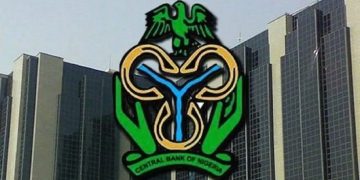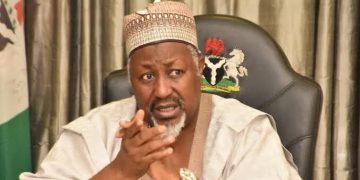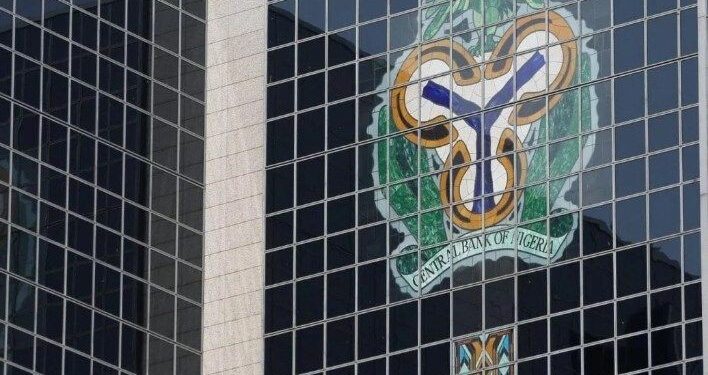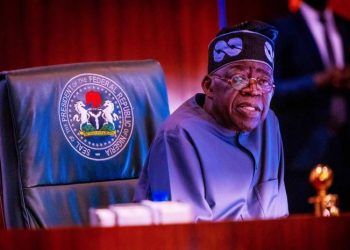The Central Bank of Nigeria (CBN) has expressed optimism about the stabilization of the naira, attributing it to enhanced investor confidence and ongoing economic reforms. CBN Governor Yemi Cardoso conveyed this sentiment during his address at the Monetary Policy Forum (MPF) held in Abuja yesterday.
Governor Cardoso acknowledged the recent volatility of the naira but emphasized the central bank’s commitment to achieving a stable exchange rate. He stated, “Yes, the naira has seen quite some volatility in the recent past, and we believe that it is getting to a position of stability.”
He further highlighted the international community’s perception of the naira’s current valuation, noting that it now more accurately reflects its true market rate, thereby enhancing its competitiveness. “It is very important to recognize that as far as the international community and international investors are concerned, the naira is at a point where it is a lot more reflective of its real rate, as a result of which it is more competitive,” Cardoso added.
Background
The naira has experienced significant fluctuations in recent years, influenced by various economic policies and global market dynamics. In 2023, under President Bola Tinubu’s administration, Nigeria implemented substantial reforms, including the removal of the petrol subsidy and adjustments to the naira’s valuation. These measures, while initially contributing to inflationary pressures—currently at 34.8% are anticipated to foster long-term economic stability.
The CBN has also reported a notable increase in foreign exchange reserves, now exceeding $40 billion, bolstered by heightened foreign exchange inflows and a resurgence in oil production. Oil output is projected to reach 2.3 million barrels per day by mid-year, further strengthening the nation’s economic position.
Investor Confidence and Economic Outlook
The central bank’s efforts to restore investor confidence appear to be yielding positive results. Remittances from Nigerians abroad have surged, reaching $600 million per month as of September 2024, with aspirations to attain $1 billion monthly. This uptick is partly attributed to the naira’s current valuation, which presents attractive opportunities for investment in domestic assets and businesses.
Governor Cardoso emphasized the importance of policy consistency and transparency in the foreign exchange market to attract long-term foreign investments. He stated, “With limited opportunities for FX arbitrage, we expect that there will be more appetite for real sector development.”
As Nigeria navigates its economic reforms, the CBN remains vigilant in monitoring inflation and is committed to data-driven monetary policies aimed at sustaining economic growth and stability.






















































